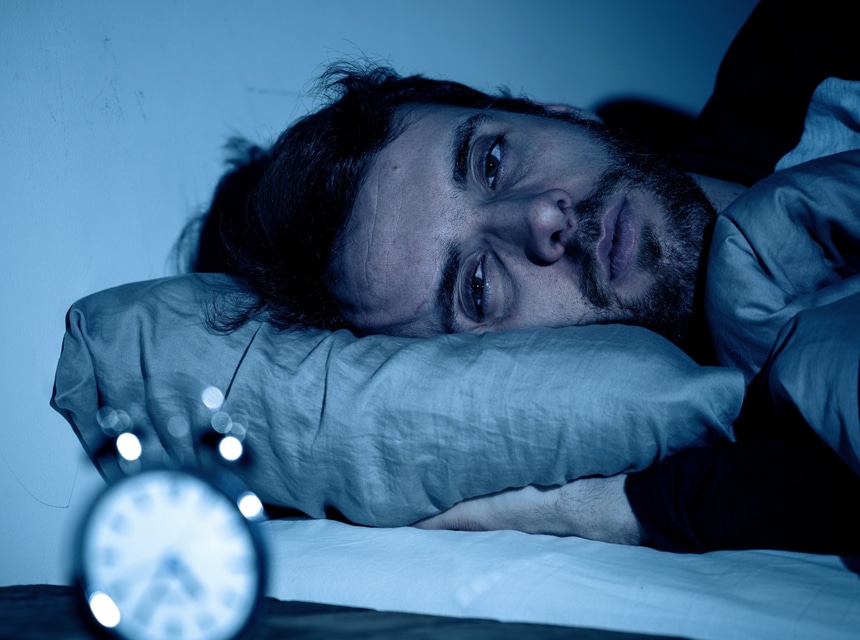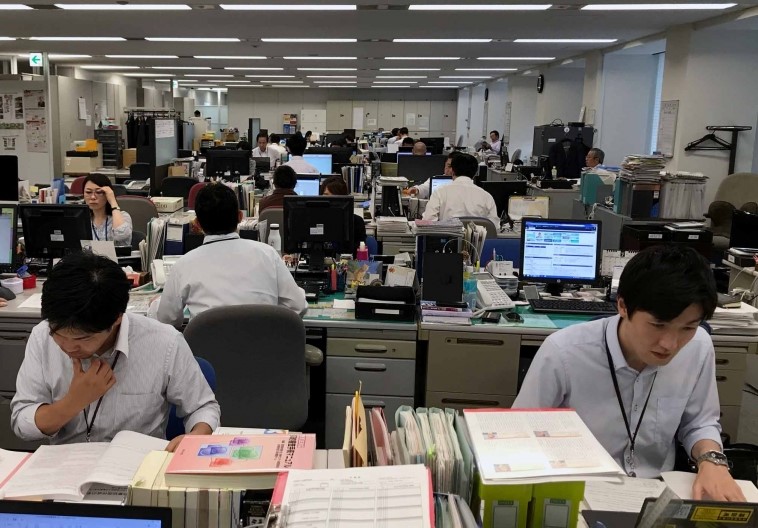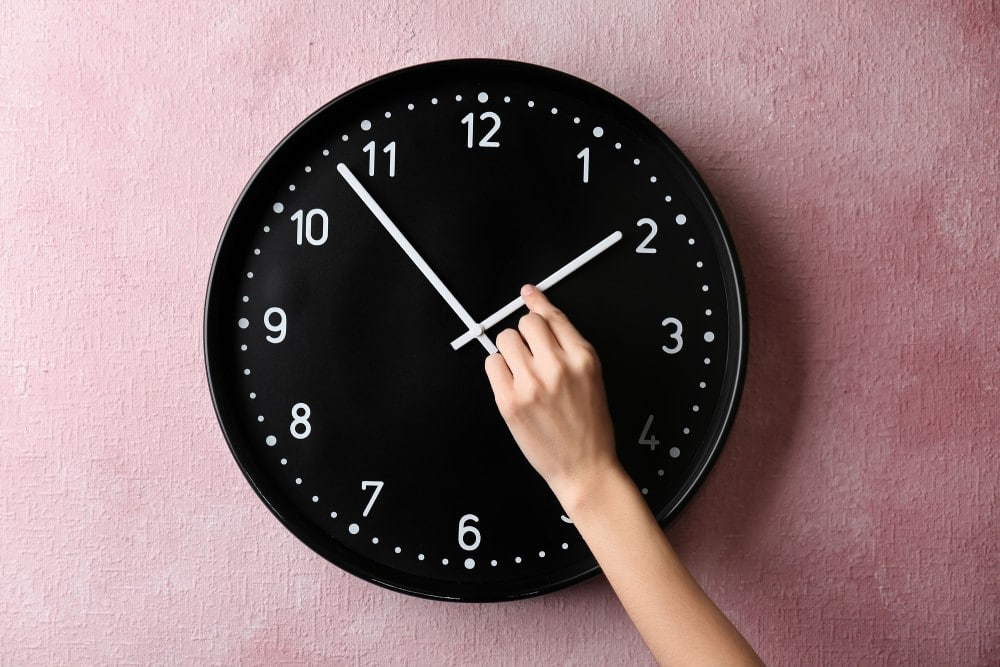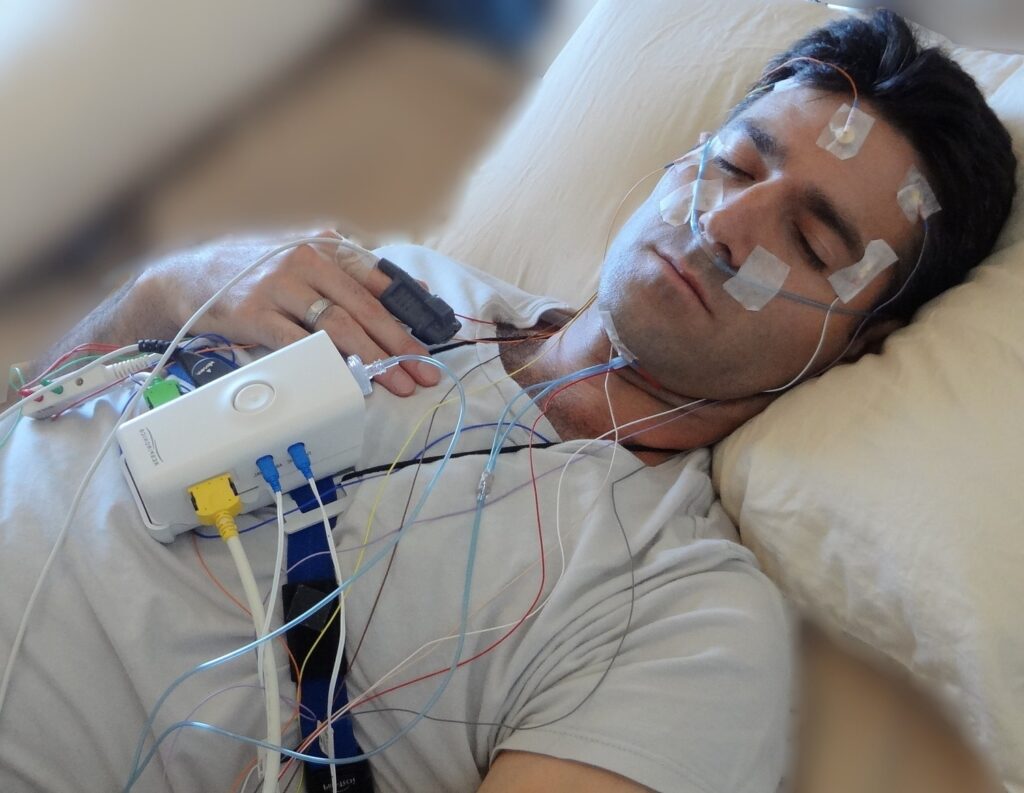

If there’s one thing the COVID-19 pandemic left us with, it’s definitely an unhealthy addiction to our smartphones and other electronic screens. Lockdown prohibited us from safely going anywhere for leisure, and many resorted to technology to maintain their social lives and sanity.
We all went into survival mode for that timeframe, and now it’s left us with a newfound problem to take care of. According to a recent study, the number of blue light people was exposed to during lockdown significantly increased instances of insomnia and other sleep issues.
Although screens Trusted Source COVID-19: Lockdowns linked to increased screen time and sleep problems The authors of a recent study conclude that increases in screen exposure during the COVID-19 lockdowns may be linked to worse sleep quality. www.medicalnewstoday.com and technology aren’t enemies, it’s entirely too easy to become dependant upon them. Countless studies have been performed, and each has found that blue light can have a negative effect on a person’s sleep quality.
Your sleep quality impacts all areas of your physical and mental health virtually. When you get enough good sleep, you feel rested and have more energy to go about your day. However, getting little sleep or sleep with low quality means you move along your day tired, and your immune system is suppressed too.
On top of that, poor sleep plays a play in high blood pressure, type 2 diabetes, stroke, kidney disease, and obesity. When a person doesn’t have a good sleep routine, they’re also at a higher risk of developing or worsening mood disorders like depression and anxiety.
Blue light, in particular, contributes to these poor sleep habits because increased exposure to blue light tricks the body into thinking it’s daytime. The body then responds by feeling and acting more alert instead of tired.
Blue light prevents your body from releasing melatonin. Melatonin is the chemical responsible for making you feel tired at night. When melatonin is suppressed, the body’s circadian rhythm is thrown off, and your body becomes overwhelmed, thinking it’s still daytime.
When the body becomes overwhelmed, it prevents you from being able to fall asleep and stay asleep for an adequate amount of time.
To improve sleep and eliminate insomnia symptoms, the best thing you can do is establish a consistent nightly routine and expose yourself to sunshine in the morning.
The COVID-19 pandemic was a high-stress-inducing world event, and screens somehow provided some solace in the darkness of lockdown. However, the increased exposure to blue light during lockdown has led to many people struggling with insomnia as their body regulates back to its typical rhythm.
In many countries around the world, screen usage increased dramatically by more than 50%. This drastic increase also means more people are dealing with COVID insomnia.
The University of Rome, Italy, conducted a sleep study Trusted Source Changes of evening exposure to electronic devices during the COVID-19 lockdown affect the time course of sleep disturbances | SLEEP | Oxford Academic During the coronavirus disease 2019 (COVID-19) lockdown, there was a worldwide increase in electronic devices’ daily usage. Prolonged exposure to backlit screens before sleep influences the circadian system leading to negative consequences on sleep health. We investigated the relationship between changes in evening screen exposure and the time course of sleep disturbances during the home confinement period due to COVID-19. academic.oup.com to find out how the increased exposure to blue light has affected people during the lockdown. The researchers of this study surveyed more than 2,000 Italian residents during the third and seventh weeks of the COVID confinement in Italy.
Those who participated filled out a demographic questionnaire, a chronotype questionnaire, and different surveys using the Pittsburgh Sleep Quality and Insomnia Severity Indexes. The participants also recorded their screen usage in the two hours leading up to bed. The study found that a significant increase in sleep impairment ensued as the lockdown was continuously extended.
Over ⅓ of the sample, group recorded increased electronic usage, and only 7% of participants reduced their screen usage in those two hours leading up to sleep. Those who reported an increase in screen usage also reported a reduction in the total amount of sleep, later sleep and rise times, taking longer to fall asleep, lower sleep quality, and insomniac tendencies.





